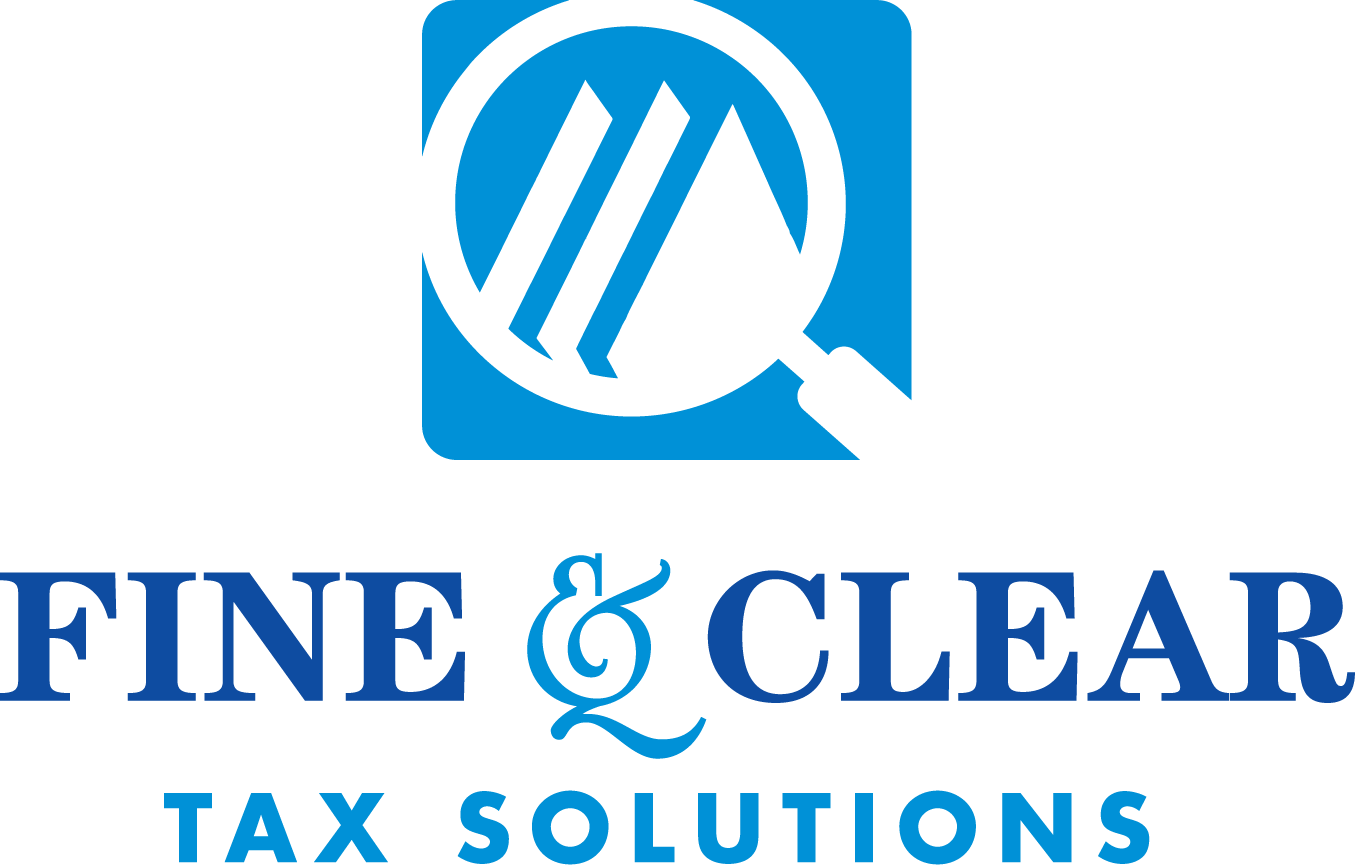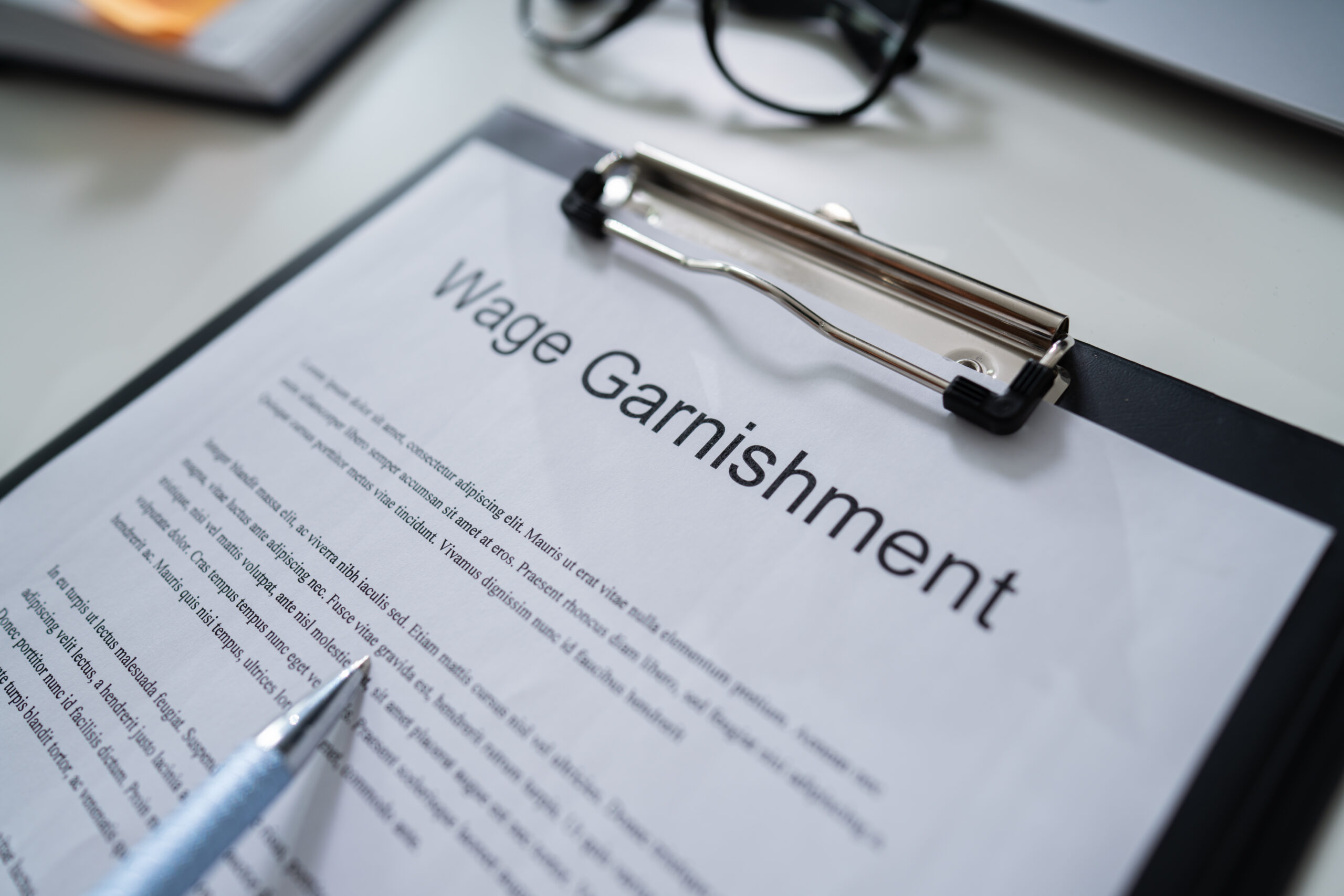If you’ve noticed a large portion of your paycheck disappearing, you may be facing an IRS wage garnishment. This is one of the most aggressive collection tools the IRS uses—and one of the most stressful for taxpayers.
Fortunately, wage garnishment can be stopped with the right plan and the right guidance.
What Is Wage Garnishment?
When the IRS garnishes your wages, they contact your employer directly and instruct them to withhold a portion of your income each pay period. This continues until your tax debt is paid off or a resolution is in place.
How Much Can the IRS Take?
More than most people expect. The IRS calculates how much of your income is “exempt,” then takes the rest. It’s not uncommon to lose half or more of each paycheck, leaving very little for basic living expenses.
Why the IRS Garnishes Wages
This usually happens because:
- You owe back taxes
- You didn’t respond to previous IRS notices
- You haven’t entered into a payment plan or other resolution
Before garnishing wages, the IRS typically sends a Final Notice of Intent to Levy. If that’s ignored, garnishment follows.
How to Stop IRS Wage Garnishment
At Fine and Clear Tax Solutions, we help clients take immediate action to stop garnishments and prevent further damage:
Step 1: Get Compliant
We help you file any missing tax returns—even if documents are missing or disorganized.
Step 2: Negotiate a Resolution
Our team works directly with the IRS to get the garnishment lifted and set up a resolution such as:
- Installment Agreement
- Offer in Compromise
- Currently Not Collectible status
Step 3: Monitor and Support
We guide you through the entire process and help you stay in good standing going forward.
Take Back Control of Your Paycheck
Wage garnishment can feel overwhelming, but you’re not out of options. The key is to act fast, understand your rights, and get a plan in place.
📞 Contact Fine and Clear Tax Solutions today for a confidential consultation and a clear path forward.


